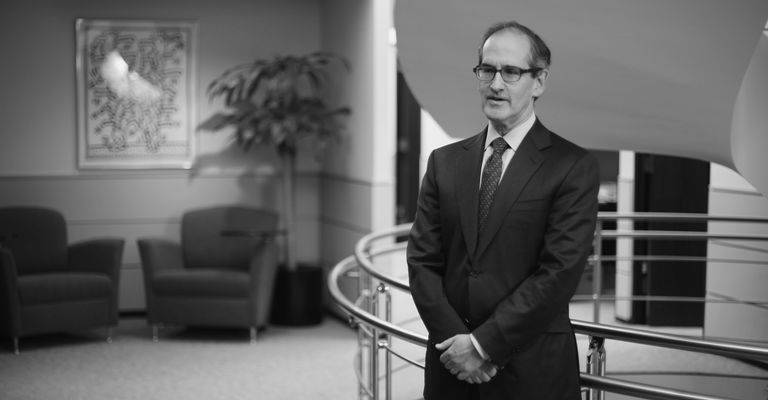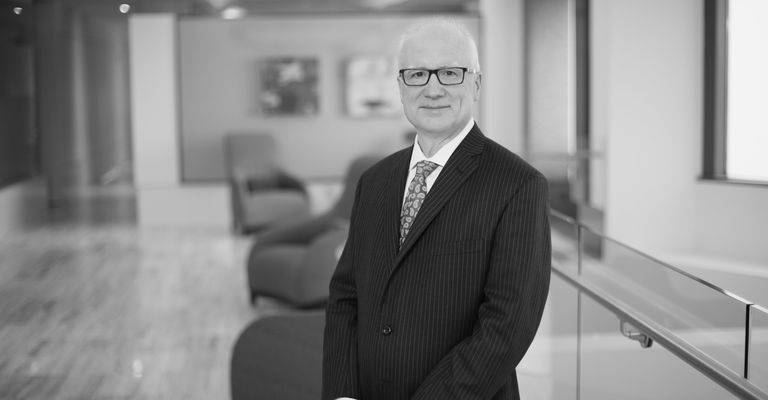BCLPSecCorpGov.com
Unusual Musk Trial Highlights Risks Facing Public Company Executives
Jan 23, 2023Amidst all the controversy and legal proceedings involving Elon Musk, one could overlook the fact that he and his company Tesla are on trial now in U.S. District Court for securities fraud. Yet they are: a jury has been selected, lawyers have presented opening statements, and testimony is underway in a San Francisco courtroom.
Given the principal defendant, it’s not surprising that the case is in some ways a very unusual civil securities fraud class action. Among other things, it’s unusual for a securities fraud case to go to trial. Yet in other ways, the case highlights the risks facing all public company executives and the need for care and consultation with key advisers before making statements about significant company transactions. It also illustrates some of the major issues that arise in many securities fraud class actions.
At the heart of the trial are tweets by Elon Musk, particularly an August 7, 2018 tweet: ”Am considering taking Tesla private at $420. Funding secured.” The plaintiff’s theory is that this apparent good news for shareholders of Tesla led to a rise in stock price, which remained inflated until publication of an August 16 New York Times article reporting that the expected source of the funding, the Saudi Public Investment Fund, had not committed to providing it – “funding, it turned out, was far from secure,” the story said. On that news, together with prior news concerning an SEC investigation of Musk’s statements, the stock price fell.
Thus, as in many securities cases, the plaintiff alleges that a false statement caused a stock price increase, prompting investors to pay an inflated price during the class period until a “corrective disclosure” revealed the truth. Usually, however, the class period is a good deal longer than 10 days. But Tesla’s market capitalization was large enough to create a risk of billions of dollars in damages even for this short period.
In many cases, the key issues are whether the plaintiffs can sufficiently plead, and then prove at trial, that defendants made false statements, and that defendants had the necessary mental state to support liability, i.e., that they made the false statements recklessly or knowingly. Here, in denying the defendants’ motion to dismiss the complaint, U.S. District Judge Edward Chen ruled that the complaint sufficiently established the falsity of Musk’s statements and at least a reckless mental state.
That ruling, however, only meant that the complaint survived a motion to dismiss, and the case could proceed to discovery. Normally, the defendants would still be free to try to prove at trial that the statements were not false and they did not make the statements recklessly or intentionally. But not here.
In the Musk case, after discovery, plaintiff and class representative Glen Littleton moved for partial summary judgment on those issues. Judge Chen granted that motion, meaning that plaintiff has already proven both that Musk’s “funding secured” tweet and another August 7 tweet were false, and that he was at least reckless. The decision removed what would otherwise be two major obstacles for plaintiff at trial.
Despite these pre-trial victories, the plaintiff still has work to do. He had asked for, but was denied, summary judgment on a third point, whether he relied on the Musk statements. Under a series of Supreme Court decisions, plaintiffs in a class action do not have to show that they individually relied on the alleged misstatements. Reliance may be presumed where plaintiffs show, in essence, that the statements were material and the company’s stock traded in an efficient market. Defendants may rebut that presumption by showing that the alleged misrepresentation in fact had no impact on the company’s stock price.
Here, in denying plaintiff’s request for summary judgment on the reliance issue, Judge Chen left for trial the issue of whether the misrepresentations had an impact on Tesla’s stock price. Plaintiff must prove that the statements were material and that they caused investors’ losses, along with the amount of damages. Defendants will have the chance to dispute these issues before the jury.
Plaintiff also asked for a pretrial ruling that, in light of the court’s grant of summary judgment holding that Musk had been at least reckless, evidence regarding Musk’s state of mind when he was tweeting would be barred at trial. The court, however, rejected this request. It ruled that Musk’s state of mind could be relevant to materiality and also to whether “Mr. Musk acted knowingly or merely recklessly.” Although either level of intent is sufficient for liability, the court noted that damages might be apportioned differently depending upon whether the defendant was reckless or intentional in the misstatement.
A jury of nine was seated for the case on Tuesday, January 17. Lawyers made opening statements the following day, and testimony began on Thursday, January 19. The trial is expected to run through January.
Eric Rieder is a partner in BCLP’s New York office and the co-leader of the firm’s Shareholder Securities and Mergers & Acquisitions litigation team.
Robert Endicott, a St. Louis partner, leads the firm’s Securities and Corporate Governance team.
Related Practice Areas
-
Securities & Corporate Governance




